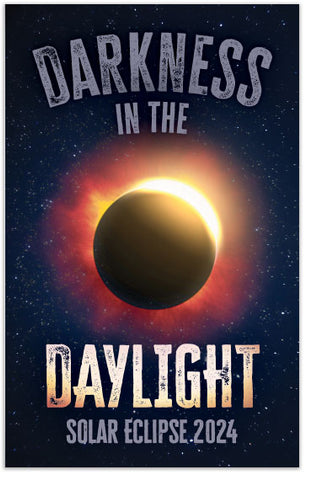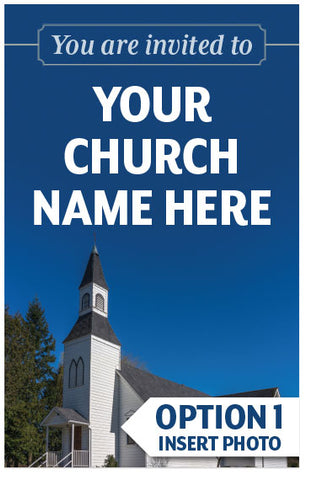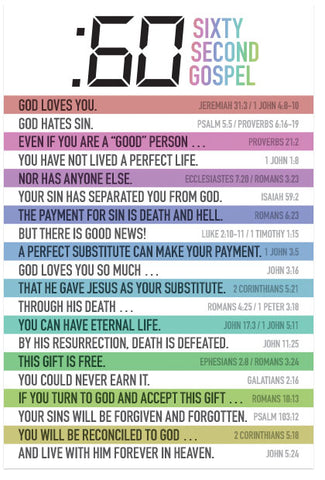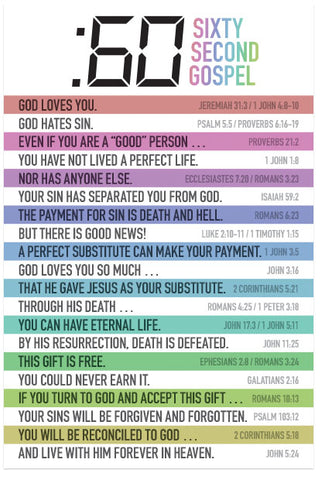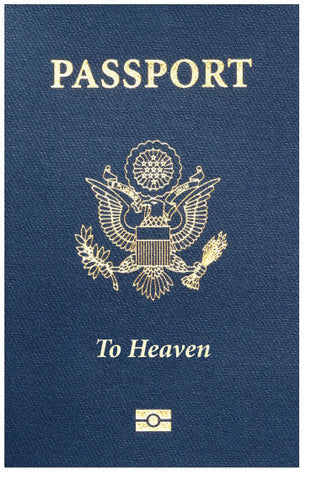Bill of Rights (KJV)
Special-Order Folded Tract
 NOTE: This item is custom-printed to order (click for more details).
NOTE: This item is custom-printed to order (click for more details).
This tract is from our print-on-demand library, and is not kept in stock. Select the options below, and we will custom-print a batch just for you. Because this item is custom-printed, you can add your custom imprint to the back page at no extra cost.
- Estimated shipping date: Friday, December 5 (Click for more details)
- SKU:
- Discounts: Discount coupons do not apply to this item
- Format: Folded Tract
- Size: 3.5 inches x 5.5 inches
- Pages: 4
- Imprinting: Available with 5 lines of custom text
- Version: KJV
- Returns: Because this item is custom-printed to order, it cannot be returned.
Show all item details
The full text of this tract is shown below in the KJV version. (Do you want to print this tract in a different version than the one listed? Contact us and let us know what you're looking for—we may be able to create the alternate version for you at no charge.)
The Bill of Rights, which consists of the first ten amendments to the Constitution, specifies the basic freedoms and protections which are the core of American civil liberty. Although the Constitution was ratified in 1788 and became effective March 4, 1789, it was not without grave concern by the states that it established a strong central government with no guarantees of basic individual rights. In fact, many prominent Americans were so alarmed at that time by what was not included in the Constitution that they would not ratify it without being assured that the adoption of a Bill of Rights would be an early order of business at the First Congress convened under the new Constitution.
This pledge was honored when George Washington, in his first inaugural address, urged the Congress to move swiftly on the “rights of freemen.” The Congress responded with a joint resolution proposing twelve amendments to the Constitution on September 25,1789, which were then sent to the states for ratification. Eleven of the fourteen states had to approve the articles to have the necessary three-fourths majority. On December 15, 1791, Virginia became the eleventh state to ratify articles three through twelve of the proposed amendments. These first ten amendments, better known as the Bill of Rights, are therefore virtually contemporaneous with the Constitution.
In looking at these amendments in more detail, it is easy to see the important role they have played in the lives of Americans for more than 200 years. Thomas Jefferson wrote, “A bill of rights is what the people are entitled to against every government on earth.” Every citizen of the United States has benefited greatly from the provisions of our wise forefathers in the Bill of Rights. How grateful we are for the freedoms secured to us in the law of the land.
But there is freedom much greater than that protected by the Bill of Rights. It can be possessed and enjoyed by every person on the face of this earth, regardless of their social standing or government. This is the freedom from sin and its judgment as expressed in the words of Jesus, “If the Son therefore shall make you free, ye shall be free indeed” (John 8:36). Man has been in bondage to sin long before the Bill of Rights. In fact, the power and consequences of sin have governed the world since the first man, Adam, disobeyed God. “By one man sin entered into the world, and death by sin; and so death passed upon all men, for that all have sinned” (Romans 5:12).
Because man is in such terrible bondage to sin and Satan (Hebrews 2:14,15), God sent His Son, Jesus Christ, to earth as “the Lamb of God, who taketh away the sin of the world” (John 1:29). On Calvary’s cross He, who knew no sin, was made sin for us, that we might become the righteousness of God in Him (2 Corinthians 5:21). Christ died for sinners and thereby paid the penalty for sin, which is death. Now He offers freely to all the gift of God which is eternal life through Jesus Christ our Lord (Romans 6:23).
Have you received this gift of life and liberty from the Saviour? It is received by faith alone in Jesus Christ (Ephesians 2:8,9). When one confesses to God that he is a sinner, and trusts the Lord Jesus as his personal Saviour, he is then made free indeed! All his sins are washed away in the precious blood of Christ (1 John 1:7). True liberty for man is found alone in the Saviour who ratified it by His death and shed blood. —T.D.J.






